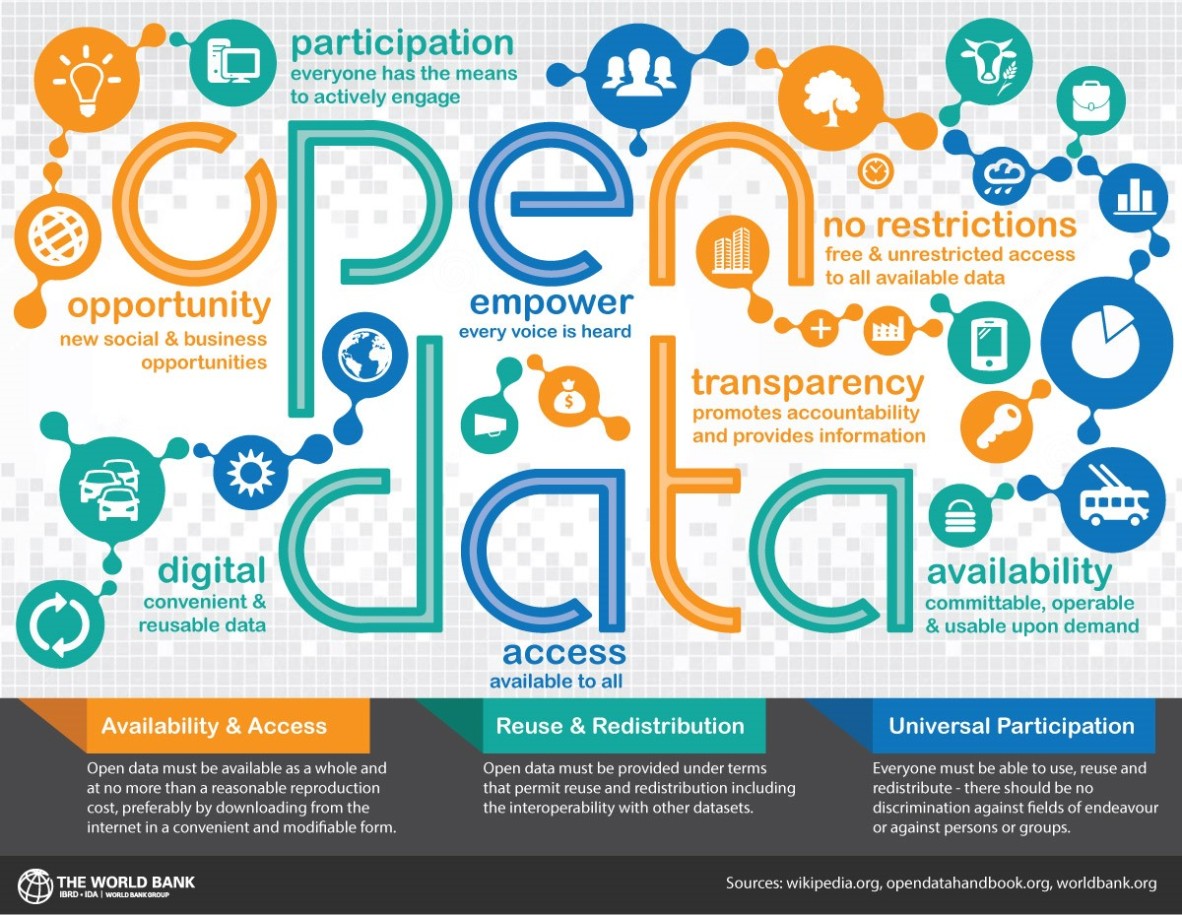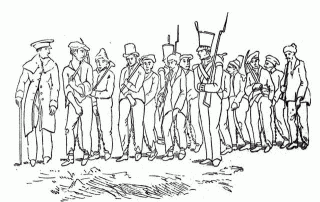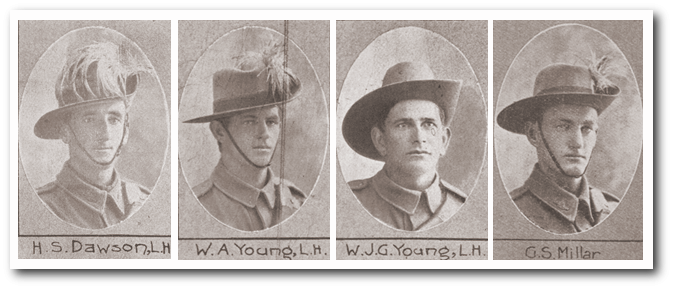Open Data Day - 6 March 2021
By Kirsten Perris, Library Technician, Information and Client Services | 4 March 2021
Open Data Day is an annual celebration of open data throughout the world. Groups of people often come together to use open data sets to create exciting new ways to use open data, locally or globally.
What is open data? To put it simply, open data is information that is freely available to anyone to access, use and share in whatever format they would like. State Library of Queensland supports open data through our Open Data Strategy and Action Plan.

Image courtesy of The World Bank Group
State Library has released over 35 sets of data and will continue to release more. The data sets are available through the Queensland Government Open Data Portal. They are in easy to use formats and have been licensed under Creative Commons. This means anyone can use the data to create new ways to make the information accessible so long as State Library is attributed as the source of the data. The sets include collections information, annual statistics, business data, historical indexes and more.
Many of State Library’s historical indexes have been created by our volunteers and are very useful to family history or historical researchers. The indexes have been created from material held at State Library.
One of the first data sets released in 2011 was the index created from the “British Convict Transportation Registers 1787-1867”, compiled from the British Home Office (HO) records. This index covers approximately 123 000 of the estimated 160 000 convicts transported to Australia in the 18th and 19th centuries - names, term of years, transport ships and more. You can search this through our One Search catalogue. You will find that this information has been used to create websites such as Convict Records of Australia.

Image taken from J.J.Knight's In the early days : history and incident of pioneer Queensland (1898)
Are you are looking for information on an ancestor who served in the Australian defence forces? Did they serve in the Boer War (1899-1902)? Maybe you are looking for a photo of a family member who enlisted in Queensland and served in World War One? State Library has three data sets that might help you locate more information or even a photo. The data sets contain information published in the newspaper “The Queenslander” or the journal “Australasian Traveller”. You can search these through our One Search catalogue or access the data sets through the Queensland Government Open Data Portal.

World War One soldier portraits from The Queenslander Pictorial, supplement to The Queenslander, 23 January 1915, p.25.
Another data set, Queensland mining accidents (1882-1945), has been created from the Department of Mines annual reports that were published in the “Queensland Votes and Proceedings" and later "Queensland Parliamentary Papers”. If you have a forebear who worked in the mines you might be able to discover if they were involved in accident. The data set includes the date of the accident that can be used to locate newspaper articles in Trove digitised newspapers. Check out our research guide, Queensland mining accidents, for more information.
The above indexes and other family history data sets, such as “Persons called before Government committees 1860-1920”, can be found on our family history eresources and databases page for easy access to family history online resources. You can also find them through the Queensland Government Open Data Portal.
Be sure to ask us if you have any questions about open data, State Library’s data sets or family history.
More information
Open Data Day - https://opendataday.org/
Queensland Government Open Data Portal - https://www.data.qld.gov.au/
State Library of Queensland open data - /get-involved/open-data
State Library of Queensland data sets - https://www.data.qld.gov.au/organization/state-library-queensland
Family history eresources and indexes - /research-collections/information-collections/eresources/family-history-eresources-and-indexes
Ask Us - /plan-my-visit/services/ask-us
Comments
Your email address will not be published.
We welcome relevant, respectful comments.